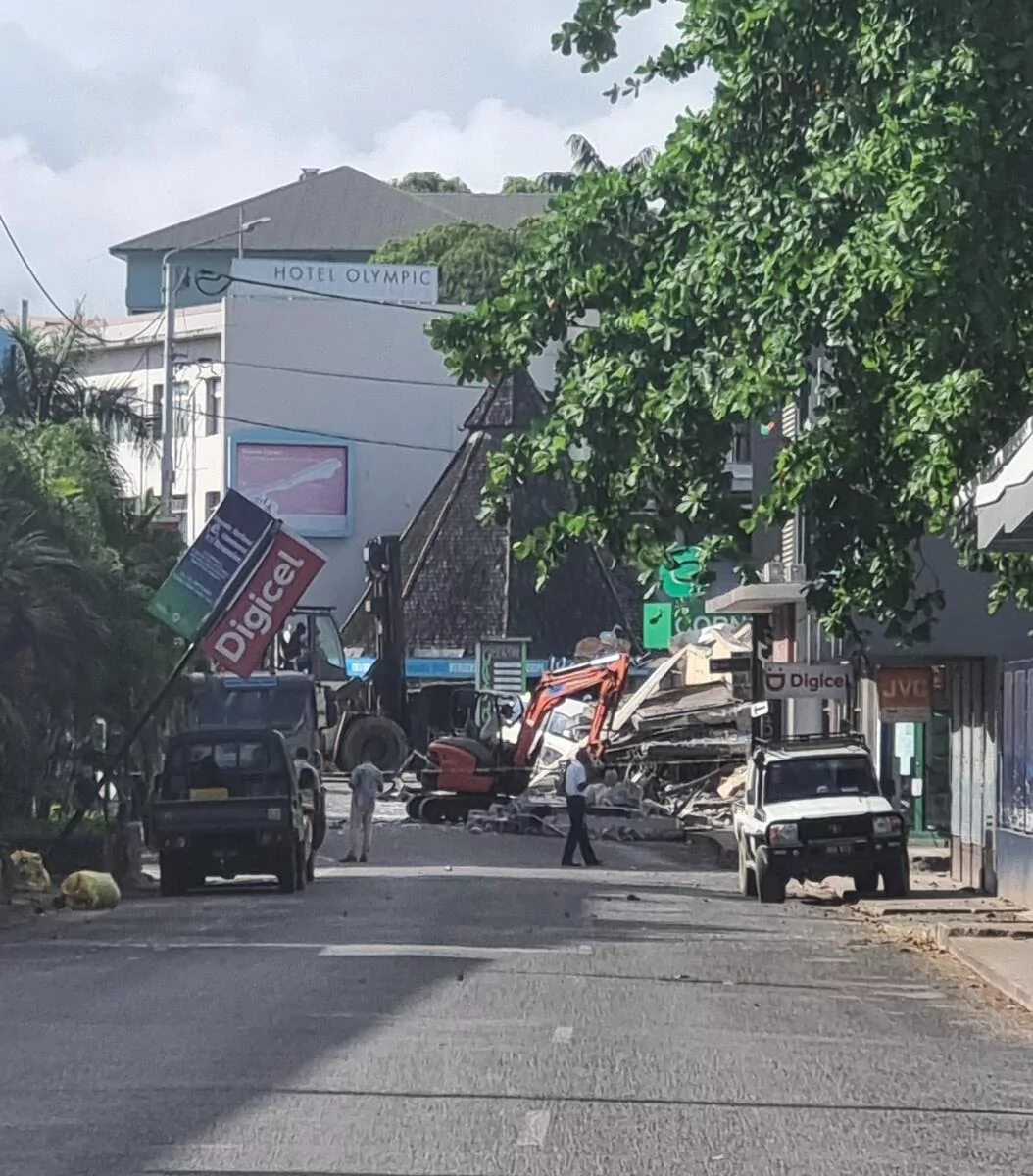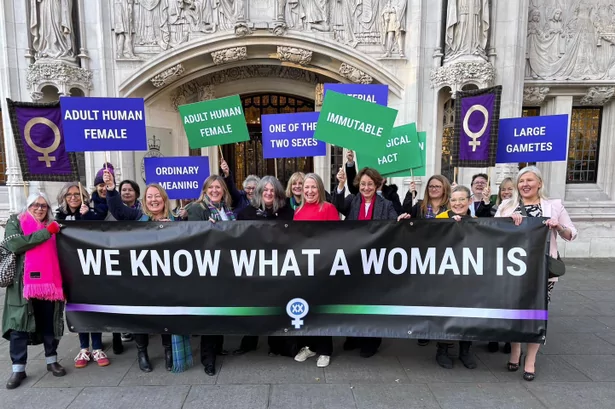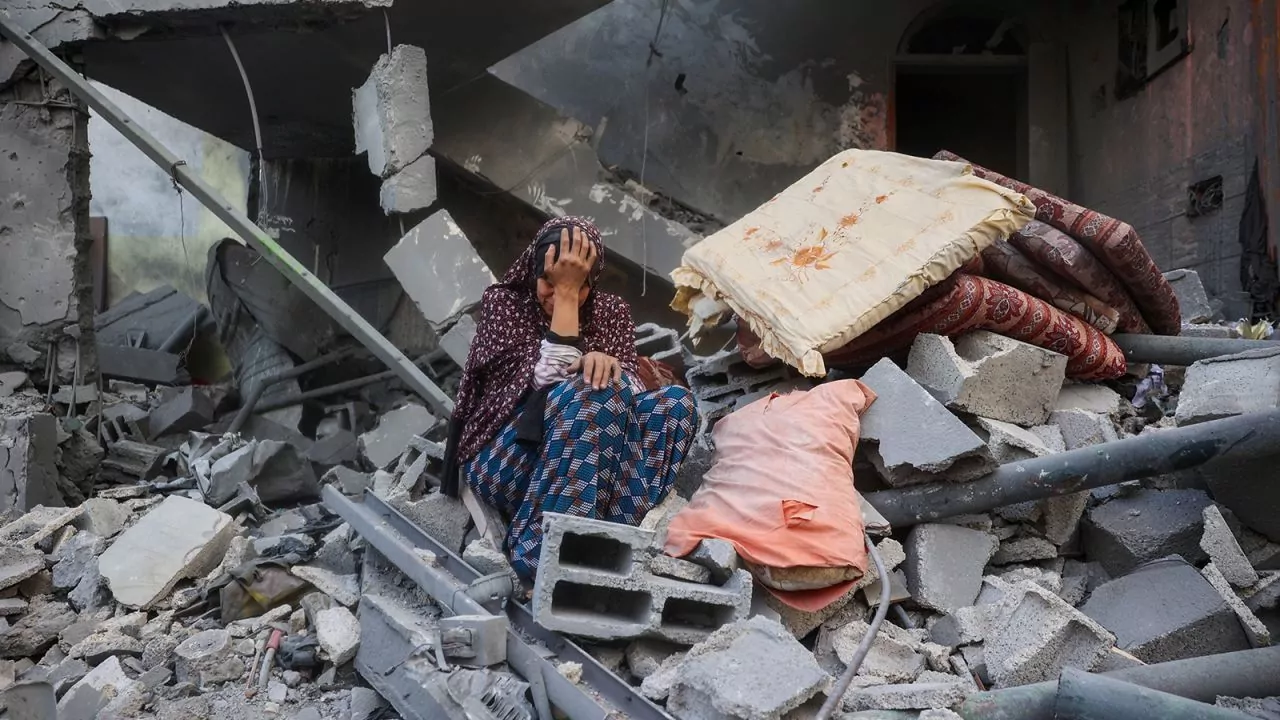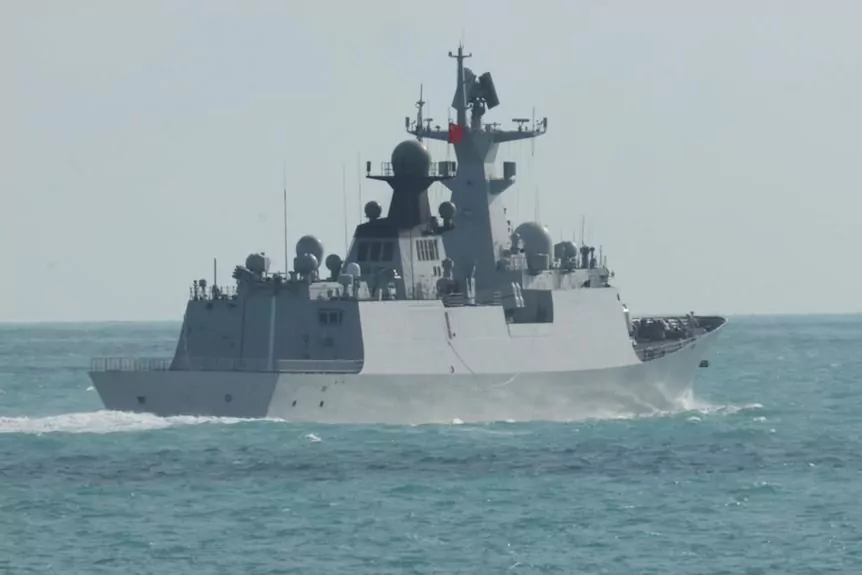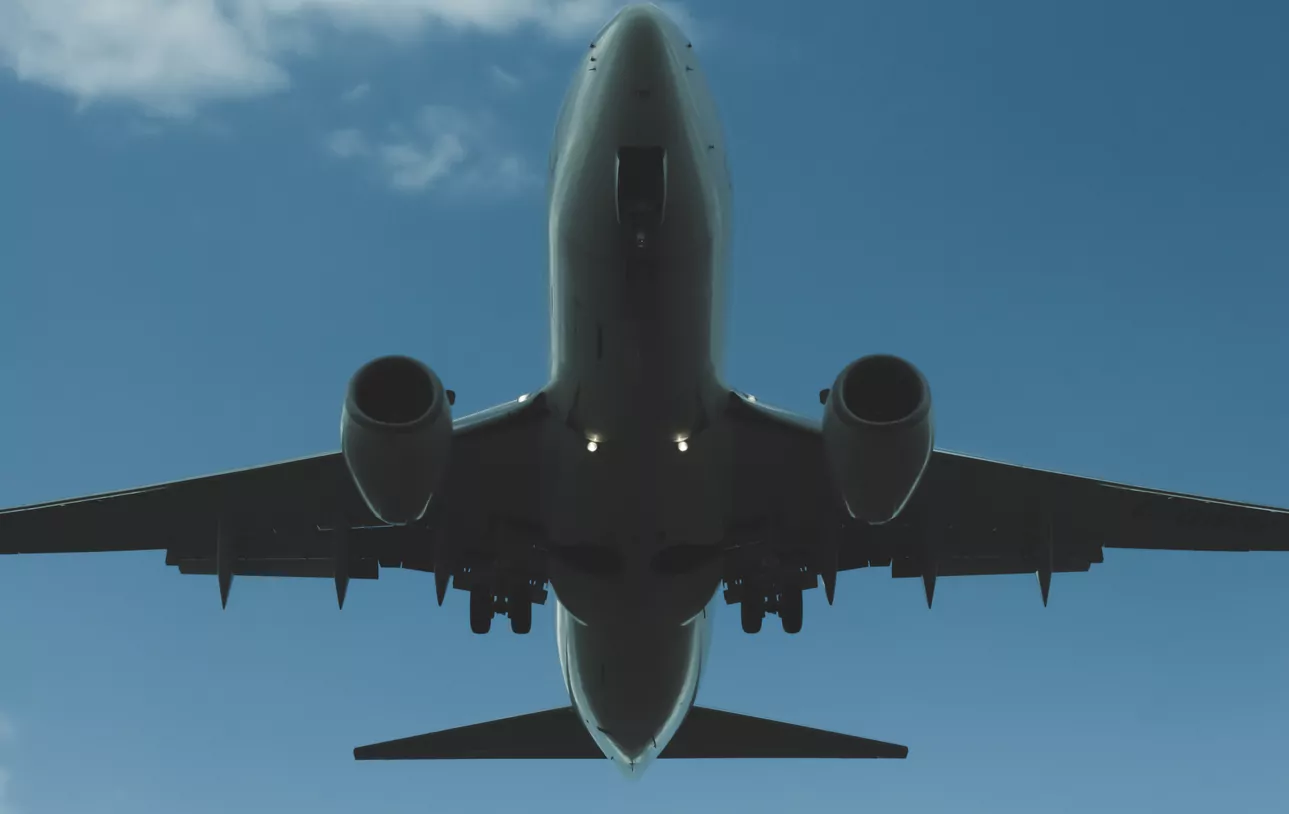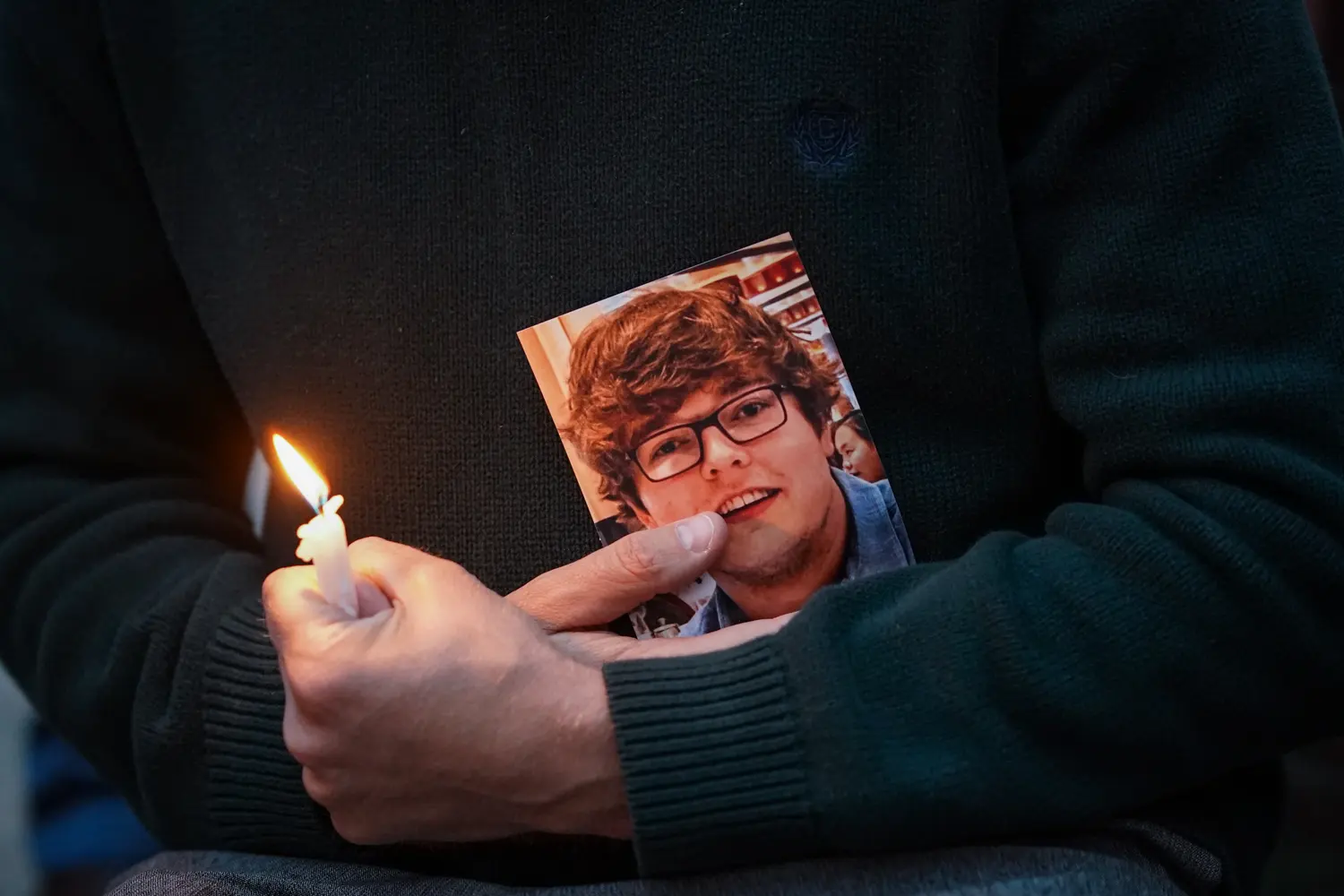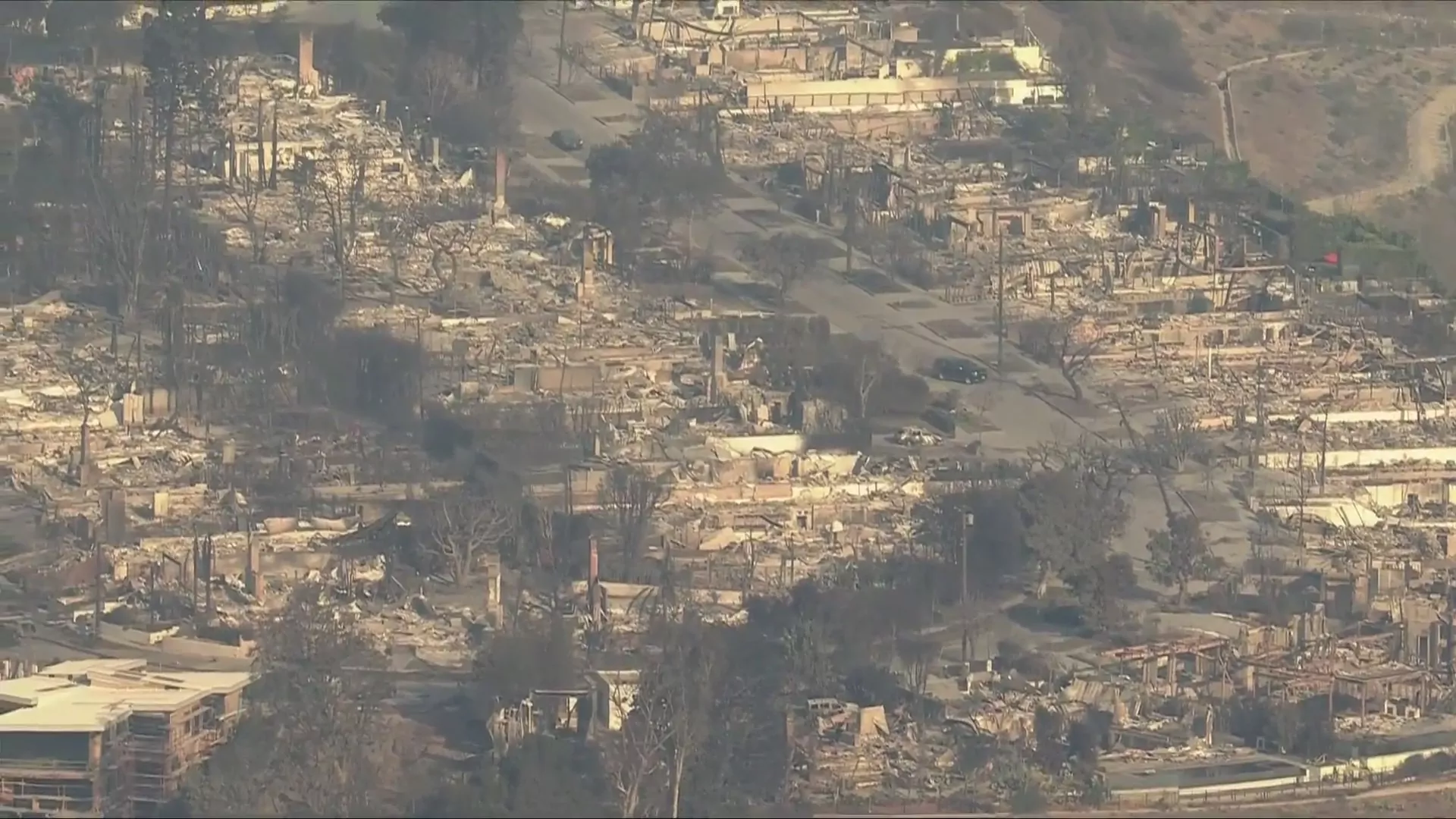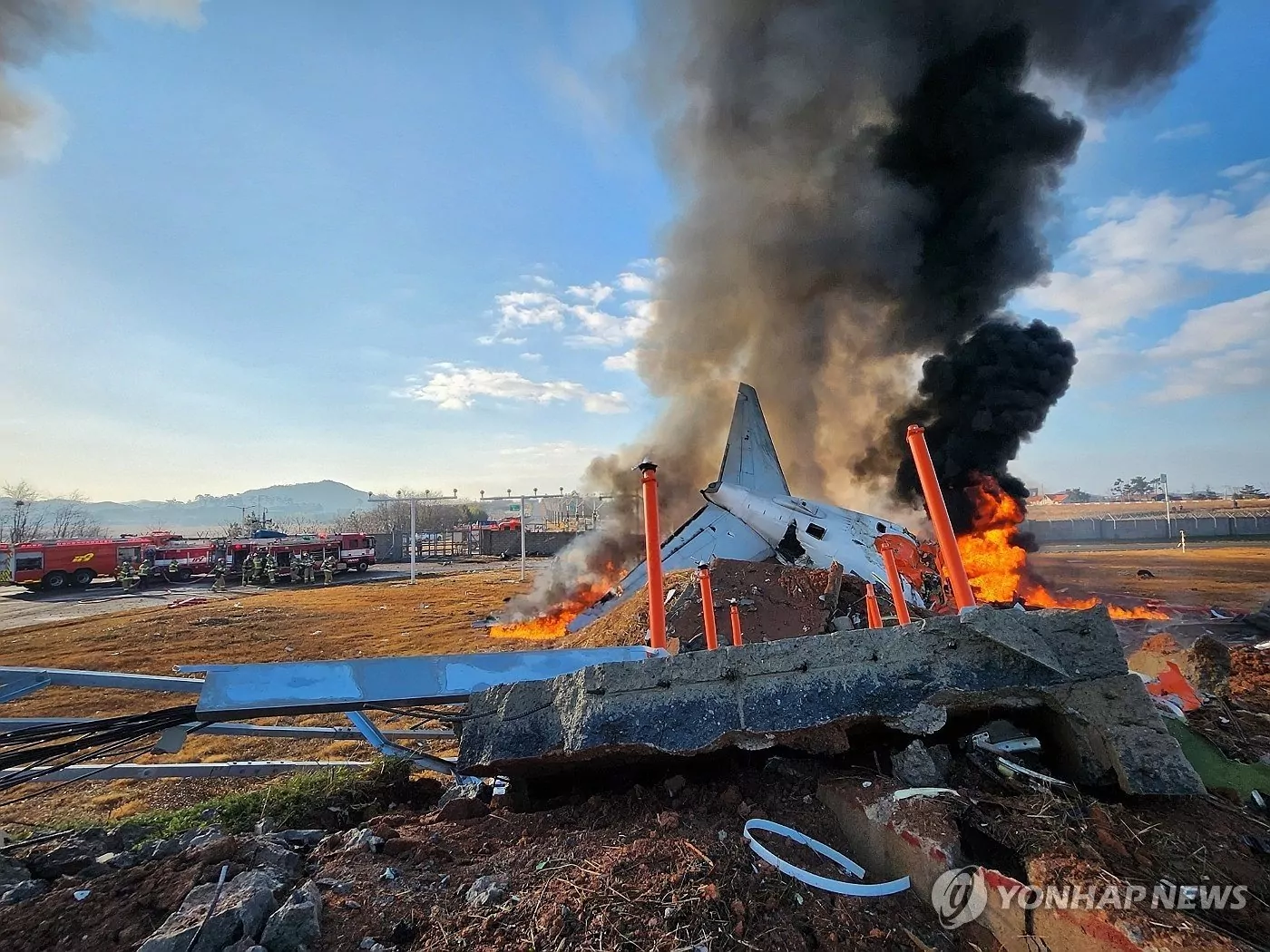The death toll in Vanuatu has risen to at least 14 following a powerful magnitude 7.3 earthquake that struck near the capital, Port Vila, on December 17.
More than 200 people have been injured.
The disaster caused significant damage to infrastructure, including schools, hospitals, and government buildings.
Communication lines remain severely disrupted, leaving the full extent of the devastation unclear.
Vanuatu’s caretaker Prime Minister, Charlot Salwai, declared a state of emergency and appealed for international support.
Children face heightened risks in disaster aftermath
Save the Children’s Pacific Regional Director Kim Koch said children are among the most vulnerable in the aftermath of the earthquake, particularly with disrupted access to shelter, food, water, and healthcare.
“It’s critical that we focus on the immediate needs of children and their families, but we must also begin to think about their long-term recovery,” Koch said.
“Rebuilding schools, ensuring access to education, and providing mental health support to children are essential steps in the recovery process.”
The organisation, which has a long history of responding to emergencies in the Pacific, is supporting the Vanuatu Government to assess the damage and coordinate relief efforts.
Through the Australian Government-funded Disaster READY Program, Save the Children has been working with communities in Vanuatu to develop disaster preparedness plans, which are now being activated.
International response gathers momentum
Australia has already dispatched medical assistance teams and urban search and rescue units to aid in relief efforts.
The United Nations Office for the Coordination of Humanitarian Affairs estimates that approximately 116,000 people—about one-third of Vanuatu’s population—have been affected by the earthquake.
With key infrastructure damaged, including transport and communication systems, delivering aid to remote and affected areas remains a logistical challenge.
However, Save the Children highlighted the importance of prioritising children’s safety and rights during the response.
“Children need immediate access to food, clean water, and healthcare,” Koch said. “We are committed to working with the Government of Vanuatu and donor countries to ensure children’s needs are central to the recovery efforts.”
Vanuatu is no stranger to natural disasters and remains one of the most disaster-prone countries in the world.
The island nation is still recovering from twin Category Four cyclones, Judy and Kevin, which struck in March 2023 and impacted over 80% of the population.
